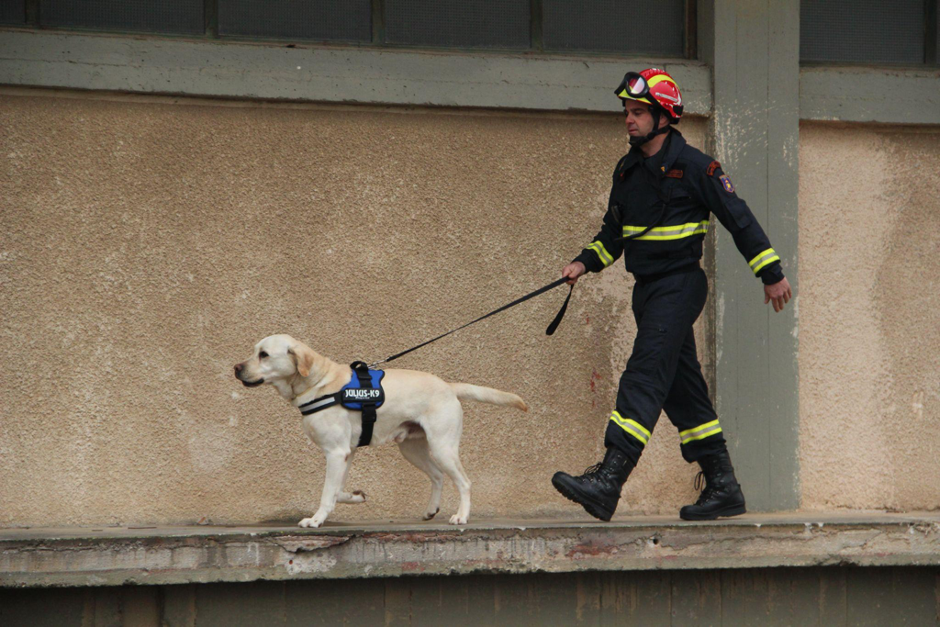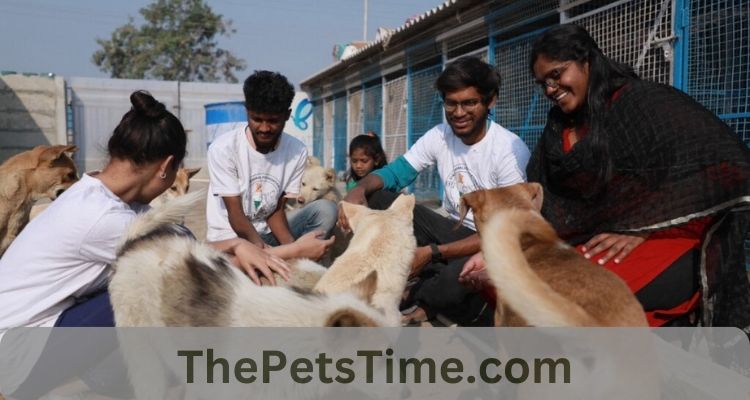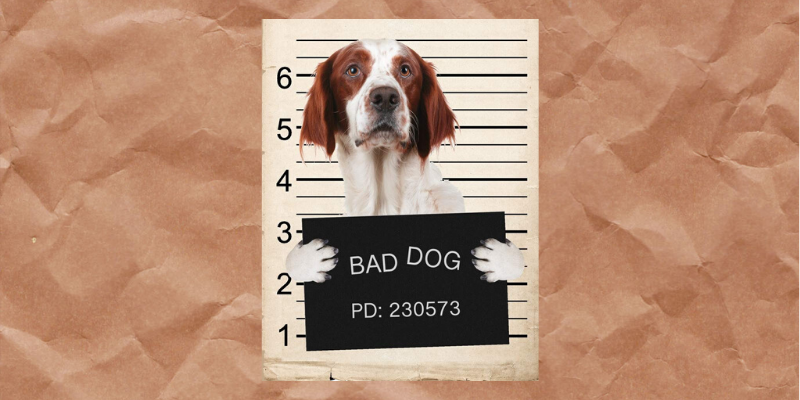Dog rescue organizations play a vital role in saving, rehabilitating, and rehoming dogs in need. Their work, fueled by compassion and dedication, comes with both significant challenges and heartwarming triumphs.
This article offers an in-depth look at the workings of dog rescue organizations, the obstacles they encounter, the process of rescuing and rehabilitating dogs, and the success stories that inspire their continued efforts.

The Mission of Dog Rescue Organizations
Dog rescues are dedicated to saving dogs from various adverse situations – including abandonment, abuse, and overcrowded shelters. These organizations provide a lifeline for dogs in need, offering them a second chance at a better life. Their mission extends beyond just rescue; it encompasses medical care, rehabilitation, and finding loving forever homes.
The Challenges Faced
Dog rescue organizations face numerous challenges, both logistical and emotional:
- Financial Constraints: Most rescues operate on donations and are constantly grappling with financial challenges. Veterinary care, food, shelter, and rehabilitation expenses can be overwhelming.
- Limited Space and Resources: Many rescues operate with limited space and resources which could be a challenge for breeds like Labradors or German Shepherds. Balancing the intake of dogs with available resources is a constant challenge.
- Health and Behavioral Issues: Rescued dogs often come with health problems or behavioral issues due to past neglect or abuse. Addressing these effectively requires time, expertise, and resources.
- Emotional Toll: The emotional toll on those who work in rescues can be significant, given the often dire situations they encounter and the intense emotional connections they form with the animals.
The Process of Rescuing Dogs
The process of rescuing dogs involves several critical steps:
- Assessment and Rescue: This involves assessing the dog’s situation and needs, and then executing a plan to bring the dog to safety.
- Medical Care: The first step upon rescue is often addressing any immediate medical needs, which may include vaccinations, spay/neuter surgeries, and treatment for illnesses or injuries.
- Rehabilitation: Dogs are rehabilitated, which may involve behavioral training to help them overcome trauma and become ready for adoption.
- Fostering: Many organizations rely on foster homes to provide temporary care and socialization for rescued dogs until permanent homes are found.
- Finding Forever Homes: This involves matching dogs with suitable adoptive families, a process that can be intricate, ensuring a good fit for both the dog and the family.
The Triumphs: Success Stories
Despite the challenges, dog rescues see many success stories that fuel their mission:
- The Transformation of Rescued Dogs: Witnessing the transformation of a rescued dog, from a scared and often neglected animal to a happy, healthy pet, is incredibly rewarding.
- Successful Adoptions: Every successful adoption is a triumph, signifying not just a new home for a dog but also the spread of awareness about the importance of rescuing and adopting.
- Community Impact: Dog rescues often have a significant impact on their communities, promoting responsible pet ownership and compassion for animals.
Spotlight on Successful Rescues
Many individual success stories highlight the impact of dog rescues:
- Case Study 1: A severely neglected dog, rescued in dire condition, received extensive medical treatment and behavioral rehabilitation. After months of care, the dog was adopted into a loving home and became a beloved family member.
- Case Study 2: A rescue dog with severe anxiety, which had made her difficult to adopt, was placed in a specialized foster home. Through patient care and training, she overcame her fears and was eventually adopted into a permanent home.
Volunteer and Community Involvement
Dog rescues rely heavily on volunteers and community support. Volunteers contribute in various ways, from fostering dogs to helping with fundraising and awareness campaigns.
Community involvement is also critical, as it helps in spreading the word about the importance of adoption and supporting rescue efforts.
The Role of Advocacy and Education
Dog rescues also play a crucial role in advocacy and education. They work to educate the public about issues such as pet overpopulation, the importance of spaying and neutering, and the realities of pet abandonment and abuse. This educational aspect is crucial in preventing future cases of neglect and abandonment.
Challenges in Adoption
One of the challenges dog rescues face is finding suitable homes for all dogs. The adoption process can be lengthy and rigorous, as organizations strive to find the best match for each dog. There are often misconceptions about rescue dogs being problematic, which rescues work to dispel through education and transparent communication.
The Impact of the Pandemic
The COVID-19 pandemic brought unique challenges and opportunities for dog rescues. While there was an increase in adoptions and fostering as people spent more time at home, the pandemic also brought logistical challenges, financial strain, and limitations on rescue operations.
The Future of Dog Rescues
The future of dog rescues is one of cautious optimism. With growing awareness about the plight of rescue dogs and the importance of adoption, there is hope for increased support and success. Technological advancements, such as online platforms for adoption and fundraising, also offer new opportunities for these organizations.
Conclusion
Dog rescues perform an invaluable service, saving lives and enriching those of the dogs and people they touch. Despite the numerous challenges they face, the success stories and positive impact on the community continue to drive their mission forward. The journey of a rescue dog to a forever home is a testament to resilience, hope, and the power of compassion.






